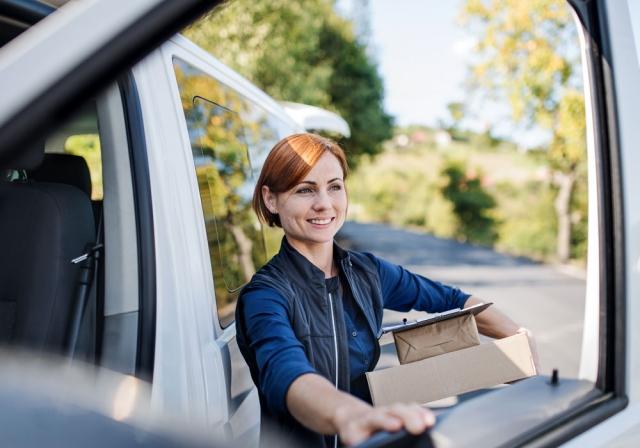Home » 10 Reasons Why Your Business Needs Auto Liability Coverage
Commercial Insurance
Through our carrier partners, Arrowood offers comprehensive property insurance, providing protection specifically designed for your client’s office or location, which includes coverage for building and business personal property. Additional coverages include primary general liability, builders’ risk, stand-alone excess casualty, commercial auto and E&O coverage.
Commercial Insurance
Start Your Quote
Sometimes it’s just easier to talk to someone about your insurance needs. Feel free to reach out.


